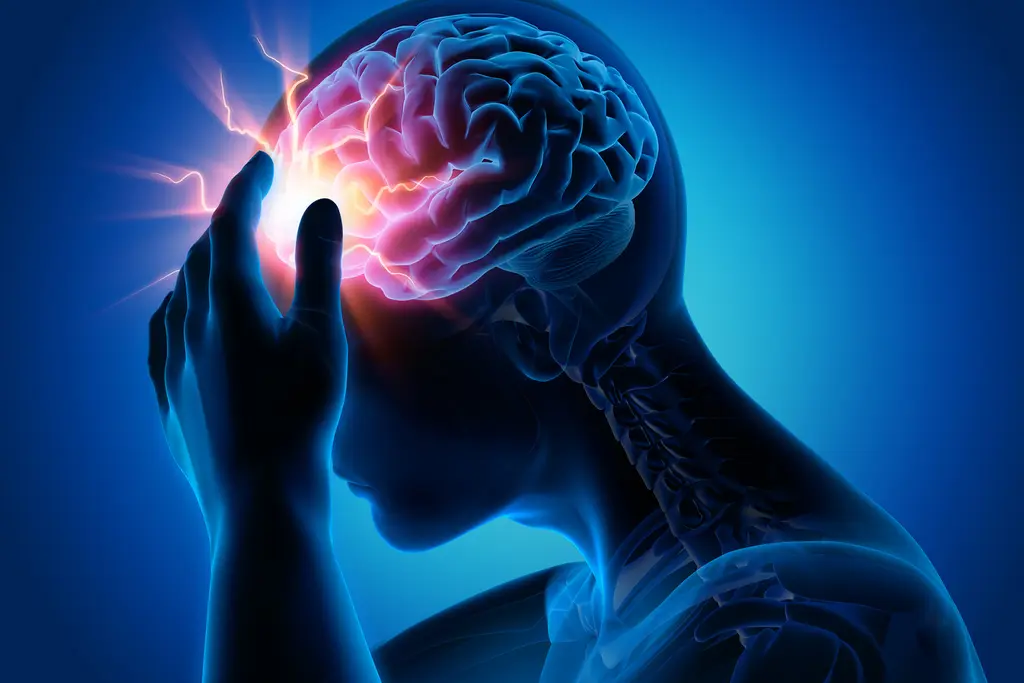
If you have treatment-resistant depression, you've already tried taking antidepressants without much success. But you shouldn't give up. It can take time to find the medication, dose, or mix of medicines that work for you.
"There are more than two dozen safe and effective antidepressants," says Jonathan E. Alpert, MD, PhD, chair of the American Psychiatric Association's Council on Research and a professor of psychiatry at Montefiore Medical Center.
The problem is that doctors can't predict exactly how people will respond to each medication. "Many different factors contribute to depression, such as genetics and life's stressors," says psychiatrist Walter Dunn, MD, PhD, a health sciences assistant clinical professor at UCLA Health. Until there's a better understanding of the disease, finding the right treatment is done by trial and error.
Seeking the Best Approach
You and your doctor may discuss these medication strategies for treatment-resistant depression:
Check that you're taking your medicine as prescribed. Three in four people don't take their medications the way their doctor recommends. Some skip a day occasionally or stop taking a drug when they start feeling better. But these moves can keep an antidepressant from working well, says James W. Murrough, MD, PhD, director of the Depression and Anxiety Center at Icahn School of Medicine at Mount Sinai. Talk to your doctor before you make any changes to the way you take your medication.
Give your current medicine more time. Antidepressants usually don't start working right away. In general, it takes 6 to 8 weeks for them to reach their maximum effect, Murrough says. For some people, the process may take even longer.
Your body also needs to adjust to the medication. When you take a new antidepressant, you may have side effects, such as a dry mouth, headache, fatigue, or an upset stomach. But these symptoms often go away after a few weeks.
Change the dose of your medicine. People respond to antidepressants differently. You may need more or less of a drug than the standard amount. If you don't feel different after 2 to 4 weeks, your doctor may increase your dose, Alpert says.
Switch to a different antidepressant. If your medicine isn't working, your doctor may suggest changing to another medicine. This is common. Research shows that only about a third of people find relief from their depression from the first antidepressant they take.
Most antidepressants affect chemicals in the brain called neurotransmitters, such as serotonin, norepinephrine, and dopamine. Each type of antidepressant acts on these chemicals in a different way:
- Selective serotonin reuptake inhibitors (SSRIs). These are often the first antidepressant prescribed, because they're less likely to cause side effects. They include fluoxetine (Prozac), sertraline (Zoloft), paroxetine (Paxil), citalopram (Celexa), and escitalopram (Lexapro).
- Serotonin and norepinephrine reuptake inhibitors (SNRIs). Duloxetine (Cymbalta), venlafaxine (Effexor XR), levomilnacipran (Fetzima), and desvenlafaxine (Pristiq) are examples of SNRIs.
- Atypical antidepressants. These drugs don't fall into the other main categories. Examples include mirtazapine (Remeron), vortioxetine (Trintellix), and bupropion (Wellbutrin SR).
- Tricyclic antidepressants. An older class, these antidepressants cause more side effects. They include mipramine (Tofranil), nortriptyline (Pamelor), amitriptyline, and doxepin.
- Monoamine oxidase inhibitors (MAOIs). If you take these drugs, such as tranylcypromine (Parnate), phenelzine (Nardil) and isocarboxazid (Marplan), you'll need to be on a strict diet because they can cause dangerous interactions.
Your doctor may want to try a medicine from the same or a different class. "The research shows that if you don't respond to one SSRI, another one may work," Dunn says.
Add another medicine to your current antidepressant. Your doctor may want to add another drug to the one you're already taking, which is called augmentation. "If you're feeling better and your symptoms have improved 30% to 50%, we'll try adding something on top of that to make up the difference," Dunn says.
One drug that can be used with an antidepressant is ketamine. Your doctor may suggest it to give you rapid relief from treatment-resistant depression. You'll take it in low doses through an IV. The FDA has approved a nasal spray form called esketamine (Spravato). Doctors typically recommend that you take an oral antidepressant along with esketamine or ketamine.
Your doctor may also prescribe medicines for other issues, such as anti-anxiety medicines, antipsychotics, mood stabilizers, and thyroid hormones.
Consider pharmacogenetic testing. With these tests, scientists study a sample of your saliva or blood. They check your DNA for genes that control certain enzymes or cell receptors. Most of these tests look at how your body metabolizes, or breaks down, medicine. If you metabolize a drug too quickly, you may need a higher dose of an antidepressant, Dunn says. On the other hand, if it takes your body longer to metabolize a medicine, it can build up and cause side effects.
Pharmacogenetic tests won't show which drugs work best. But they can offer clues about what dose you may need or your risk of having side effects, Alpert says.
Everyone's depression is different. You may need to try several medicines and doses before finding the right one. One study shows that 67% of people found relief by the fourth medication. The process can be frustrating, but it's important to keep trying, Dunn says.
"These medicines aren't permanent," he says, "so we have the luxury of trying one and then coming off it if you don't like it." With time, patience, and communication with your doctor, it's very likely that you'll find the right treatment for your treatment-resistant depression.
Show Sources
Photo Credit: iStock/Getty Images
SOURCES:
American Family Physician: "Treatment-Resistant Depression."
James W. Murrough, MD, PhD, director, Depression and Anxiety Center, Icahn School of Medicine, Mount Sinai.
Jonathan E. Alpert, MD, PhD, chair, American Psychiatric Association's Council on Research; professor of psychiatry, Montefiore Medical Center.
Mayo Clinic: "Antidepressants: Selecting One That's Right for You," "Mayo Clinic Q&A: Genetic Testing and Antidepressants," "Treatment-Resistant Depression."
Public Health Reports: "Medication Adherence: Helping Patients Take Their Medications as Directed."
Psychiatric Services: "What Did Star*D Teach Us? Results from a Large-Scale, Practical, Clinical Trial for Patients with Depression."
UNC Health Talk: "8 Things You Might Not Know About Antidepressants."
Walter Dunn, MD, PhD, psychiatrist; health sciences assistant clinical professor, UCLA Health.
